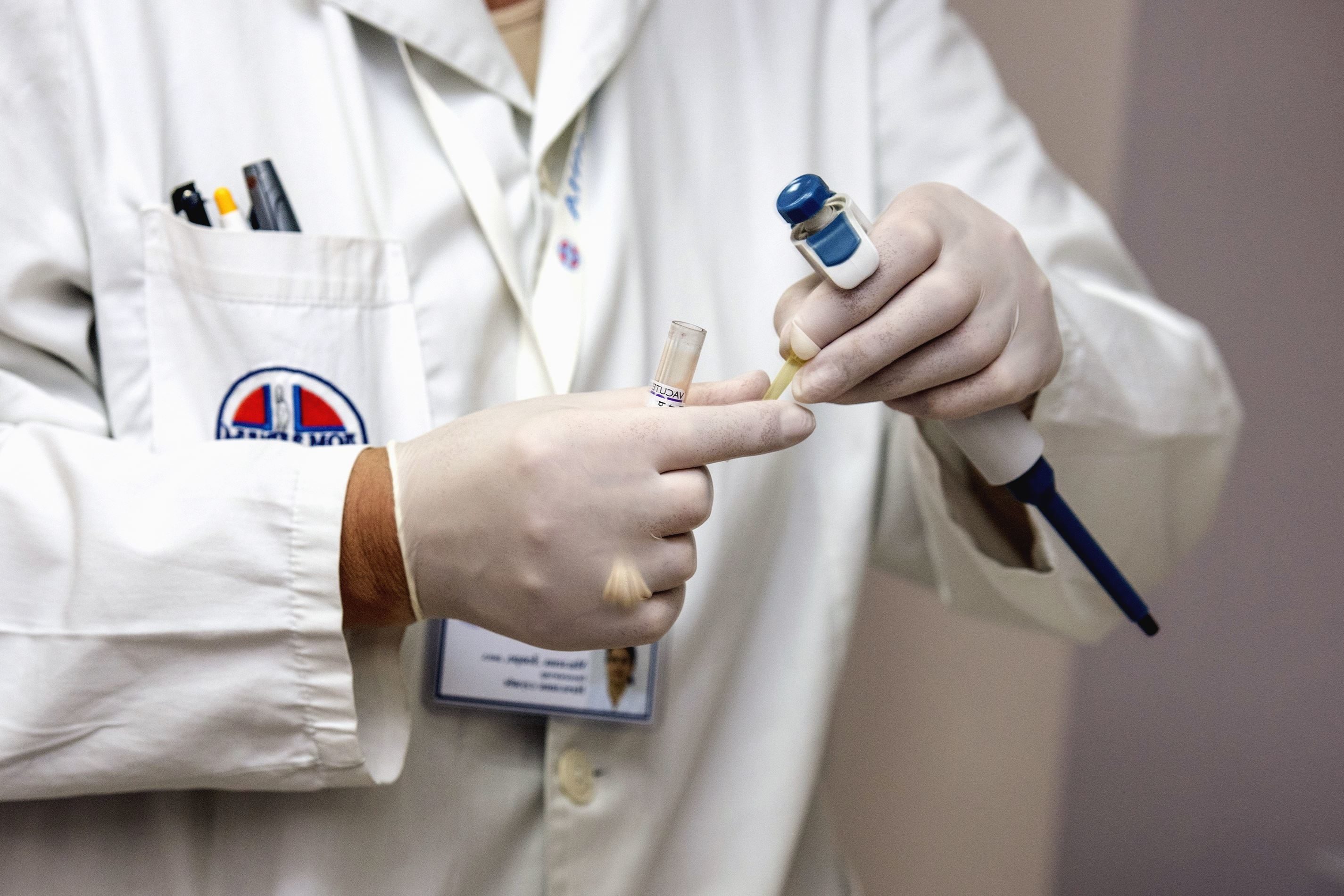FDA plans to speed path to approval for some gene therapies, starting with hemophilia
By Ike Swetlitz,
STAT News
| 05. 22. 2018
The Food and Drug Administration will soon be alerting companies that certain gene therapies in development can qualify for less arduous review at the agency, Commissioner Scott Gottlieb said Tuesday.
Specifically, gene therapies for hemophilia, a rare disease in which blood doesn’t clot properly because it lacks certain proteins, could be evaluated based on whether therapy increases those proteins in the blood, regardless of whether the therapy actually causes the patient to bleed less.
Gottlieb said that hemophilia is the first disease the FDA will target with its new policy. An FDA spokesperson later said hemophilia was chosen because “it’s an area of a lot of development activity.”
Gottlieb made these remarks at the annual board meeting of the Alliance for Regenerative Medicine. It was part of a broad speech about the promise of cell and gene therapies, which he said “will soon become the mainstay of how we treat a wide range of illness.” He said that the agency will release a “comprehensive policy framework” to guide companies on how to evaluate therapies for different sorts of diseases...
Related Articles
By Roni Caryn Rabin, The New York Times | 01.22.2026
The National Institutes of Health said on Thursday it is ending support for all research that makes use of human fetal tissue, eliminating funding for projects both within and outside of the agency.
A ban instituted in June 2019 by...
By Mike McIntire, The New York Times | 01.24.2026
Genetic researchers were seeking children for an ambitious, federally funded project to track brain development — a study that they told families could yield invaluable discoveries about DNA’s impact on behavior and disease.
They also promised that the children’s sensitive...
By Phil Galewitz, NPR | 01.20.2026
Serenity Cole enjoyed Christmas last month relaxing with her family near her St. Louis home, making crafts and visiting friends.
It was a contrast to how Cole, 18, spent part of the 2024 holiday season. She was in the hospital...
By Dan Barry and Sonia A. Rao, The New York Times | 01.26.2026
Photo by Gage Skidmore from Peoria, AZ, United States
of America, CC BY-SA 2.0, via Wikimedia Commons
Late last month, a woman posted a photograph on social media of a purple hat she had knitted, while a black-and-white dog...




